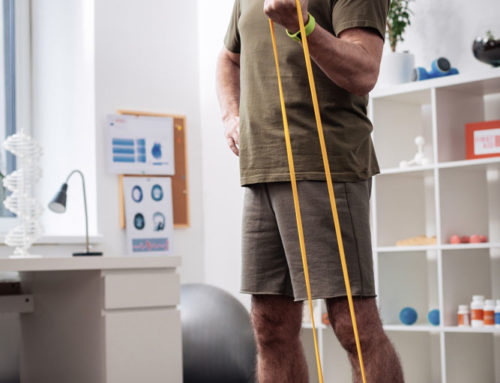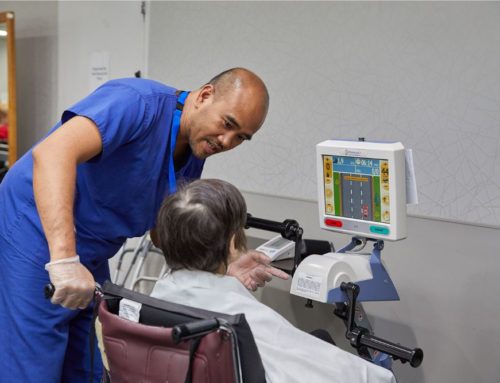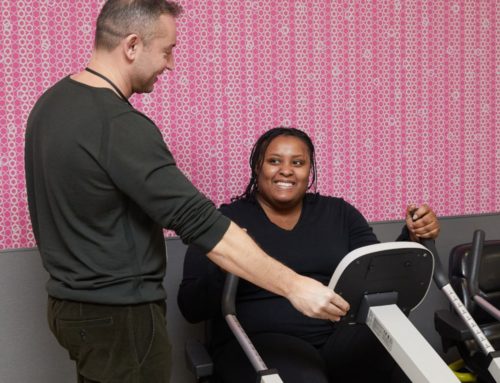Heart Stent Recovery Time: How Long Will It Take?
Inserting a stent in the heart requires an incision, though the procedure is less invasive than heart bypass surgery. Heart stent recovery time varies widely from patient to patient but generally lasts around three months. Here we take a look at the various kinds of support and therapy that can help you recover more quickly.
Central to cardiac rehabilitation therapy are physical therapy activities to improve cardiovascular fitness. This rehab is an individualized program of exercise and education to help you recover after a stent procedure and other heart issues. The goal of such therapy is to prevent your condition worsening, and improve overall strength, independence, and quality of life.

Heart Stent Recovery Time
Recovery time varies greatly depending on your age and overall health condition. Some people require a period of recuperation and recovery that lasts longer than three months. Others may be able to do a more intensive therapy program meaning that they recover more quickly.
During your cardiac rehabilitation you may well get to speak to nurse educators, physical therapists, nutritionists, doctors, and mental health specialists as stress management is also important. At the beginning, the focus of your physical exercise program will be on walking. Key to your therapy program will be regular low-intensity exercises that gradually build up over time. For some patients, cardiac rehab also involves occupational therapy to prevent complications.
Breathing yoga and meditation can also be very beneficial.
Be aware that you have to be very careful with your physical activities and that is why you need professional guidance from your therapists.
What exactly is cardiac rehab after a stent implant?
Cardiac rehab therapy is a tried and tested way of speeding up heart stent recovery. It helps to safely building up muscle strength and can also reduce your risk of future heart problems. However, success depends on individual patients’ determination to make the effort to change their lifestyle and follow medical advice.
Advice on eating a heart-healthy diet, maintaining a healthy weight and quitting smoking will be part of the program.
While physical activities are key to heart stent recovery, be aware that adjusting to your new situation takes time. You will likely need the emotional support of medical professionals, friends and/or family. You may also need guidance on dealing with things like high blood pressure, diabetes, obesity and other chronic health conditions.
This rehab program also includes a medical evaluation, including an assessment of risk factors during exercise. Lifestyle education and emotional support involving a range of specialists – not just physical therapists – will also feature.
What are the restrictions after a stent procedure?
After a stent procedure it’s important to follow medical advice and avoid exerting yourself. Strenuous activities can lead to complications and impede the recovery process. Tailored therapy is designed to help you gradually improve mobility while allowing the incision to heal. The aim is to reduce heart stent recovery time and get you back on your feet again.
This article is for educational and informational purpose only and does not substitute for professional medical advice. For any questions about your own health condition, speak to a qualified physician or healthcare provider.







Having a stent put in your heart can be taxing on your body, which makes rehab important. This article breaks down the importance of rehab thoroughly. Thank you for sharing.